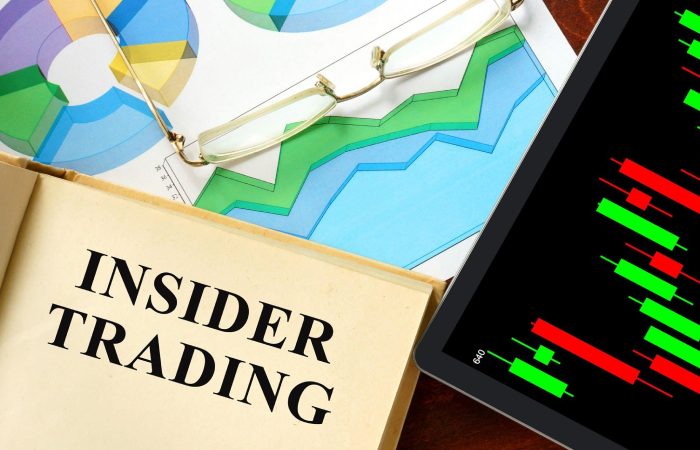1. What is Insider Trading?
In stock market trading parlance, ‘insider trading’ is trading in stocks, like bonds and equities, by specific company ‘insiders’ who have access to information exclusively. Put simply, these insiders know about distinctive security before any information related to it becomes known to the public at large. When insiders invest in stocks while there no knowledge about a particular stock publicly, insider trading considered an illegal practice. If such trading becomes known to regulatory authorities, harsh consequences are borne by the ‘insider’.
2. When is Insider Trading Illegal?
The Securities and Conversation Board of India, or SEBI, is highly against insider trading as put forth by SEBI regulations. The logic behind the practice being termed as ‘illegal’ is the fact that insider trading gives some investors an unfair advantage in the share market. Insider trading typically undertaken by individuals who, by virtue of their employment, have unique access to certain kinds of strategic information about the stocks of a certain company.
Knowing the private details of a company can significantly have a bearing on whether you invest and earn a profit or not. For example, insiders may know if a company’s quarterly results are going to show a huge profit, thereby taking stock prices high. They can take advantage of this and invest a substantial amount in the said stock, almost guaranteeing major returns. Viewed from this angle, insider trading considered illegal. However, when investors invest in stocks, and all concerned investors are knowledgeable about certain information that has an impact on their profit or loss in trading, insider trading is not illegal.
3. Information for Insiders
In the arena of trading, material information about a stock or a company is any information that may significantly have an impact on a trader’s/investor’s decision to trade (buy or sell) a specific security. Moreover, non-public information is that which not known to the public officially. Therefore, material information that not made aware to the general public is what insiders use to have an unfair edge while trading. Insider trading illegal no matter how the information was sourced, whether the ‘insider’ employed with the given company or not. In an example of this, say, a person learns about insider information (non-public information) from a friend. Then, this information shared with a member of their family. The family member trades with this information on the said stock. In such a case, all three involved could face prosecution or harsh penalties.
4. Fair Trading
While you shouldn’t have to depend on unfair means to trade, you may be wondering how to make your trading profitable. If you open a Demat account with an experienced broker like Motilal Oswal, you can get tips and learn from the best. However, this is the fair and right way to see returns on your investment in the stock market.
5.What is insider training?
Insider trading occurs after a publicly-traded company’s stock either bought or sold by an insider, or someone possessing material data on the stock that has not been unveiled to the public. To measured as an insider, a person must take either access to such information or stock possession equating to more than 10% of the corporation’s fairness.
This latter prerequisite categorizes a business’s C-suite executives and executives as insiders. However, this does not unkind that these individuals forbidden from procuring and selling bonds. They allowed to do so, nonetheless, their dealings must above board and conducted via courses managed by the SEC.
Following SEC-overseen processes is central. Disappointment to execute them can result in hefty costs. Illegal insider exchange carries a maximum fine of $5 million and a thoroughgoing prison sentence of 20 ages, per SEC regulations.






